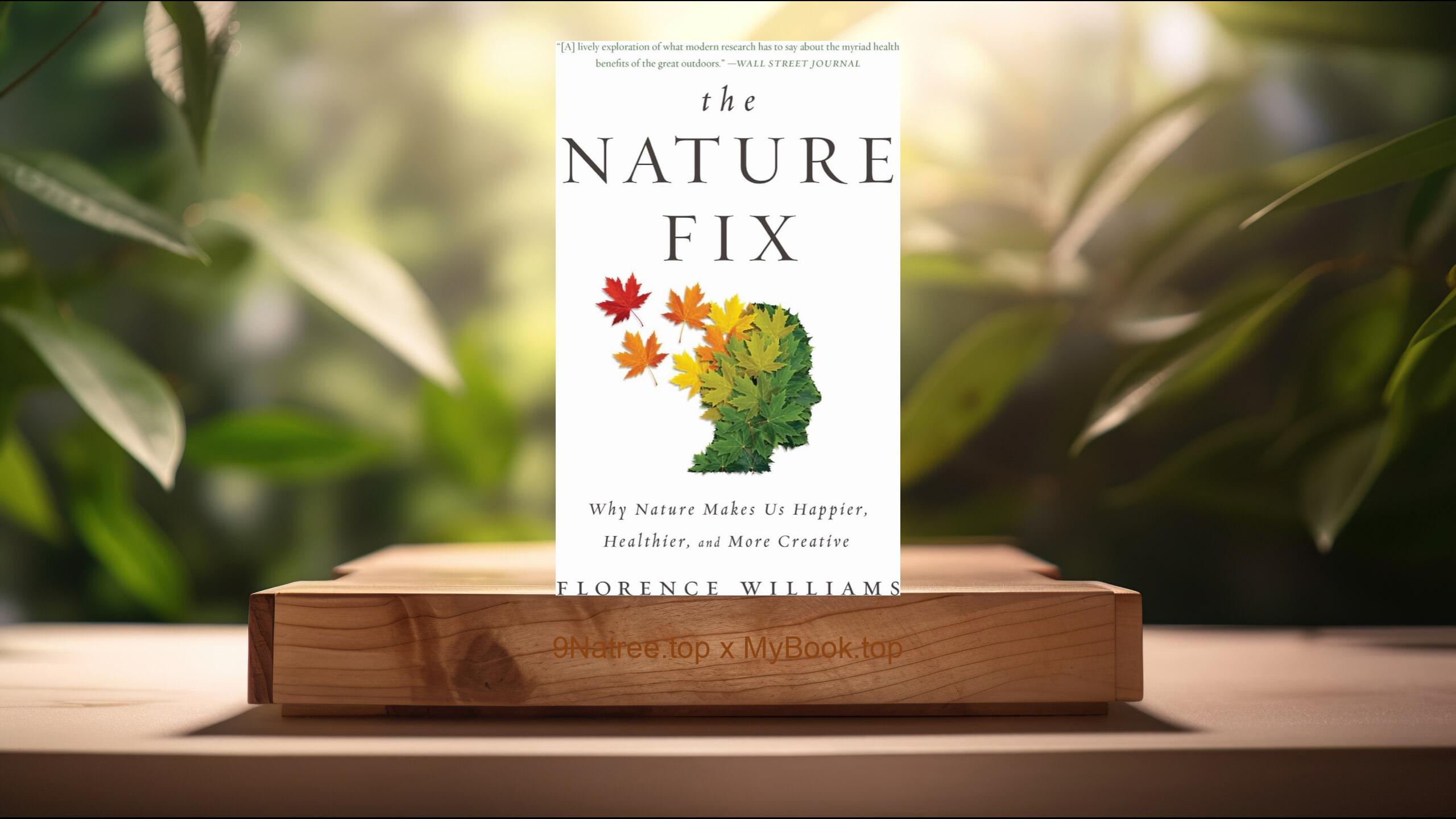Show Notes
- Amazon US Store: https://www.amazon.com/dp/B0BR51FB12?tag=9natree-20
- Amazon Worldwide Store: https://global.buys.trade/Eve-How-the-Female-Body-Drove-200-Million-Years-of-Human-Evolution-Cat-Bohannon.html
- Apple Books: https://books.apple.com/us/audiobook/eve-how-the-female-body-drove-200-million-years-of/id1661602569?itsct=books_box_link&itscg=30200&ls=1&at=1001l3bAw&ct=9natree
- eBay: https://www.ebay.com/sch/i.html?_nkw=Eve+How+the+Female+Body+Drove+200+Million+Years+of+Human+Evolution+Cat+Bohannon+&mkcid=1&mkrid=711-53200-19255-0&siteid=0&campid=5339060787&customid=9natree&toolid=10001&mkevt=1
- Read more: https://mybook.top/read/B0BR51FB12/
#humanevolution #femalebiology #sexualselection #childrearing #feministperspective #menstruation #menopause #Eve
These are takeaways from this book.
Firstly, The Role of Childbearing and Childrearing in Human Evolution, Bohannon delves into how the dynamics of childbearing and childrearing have played a critical role in shaping human evolution. She explores the biological and social implications of gestation, childbirth, and the nurturing of offspring, asserting that these elements have directly influenced human adaptation and survival strategies. The evolution of pelvic structure for childbirth, development of social bonds for childrearing support, and the biological imperative to ensure offspring survival have all guided the trajectory of human evolution. These processes have led to the development of complex social structures and behaviors that are unique to humans, demonstrating the significant impact of maternal roles in evolutionary history.
Secondly, Female Social Networks and Cooperation, The book sheds light on the significance of female social networks and cooperation throughout human history. Bohannon argues that the formation of female-centric social structures has been a cornerstone in human evolution. She emphasizes the role of women in creating and maintaining social bonds, which have been essential for mutual support, knowledge sharing, and collective childrearing. The author discusses how these networks have provided the foundation for cooperative behaviors, leading to improved survival rates and the flourishing of communities. Through anthropological evidence and evolutionary biology, it becomes clear that female cooperation has been a driving force behind human progress and societal development.
Thirdly, Sexual Selection and Female Choice, An integral part of Bohannon's thesis is the exploration of sexual selection and the agency of female choice in human evolution. She challenges the traditionally male-centric view of sexual selection by highlighting the active role women have played in choosing mates based on traits that would ensure their offspring's survival and success. This process has significantly influenced human physical and behavioral evolution, with female choice shaping aspects of male competitiveness, display behaviors, and even physical characteristics. By prioritizing certain traits over others, women have indirectly guided the evolutionary development of the species, making female choice a powerful evolutionary force.
Fourthly, The Evolution of Menstruation and Menopause, Bohannon takes an in-depth look into the evolutionary aspects of menstruation and menopause, phenomena unique to human females. She explores how these physiological processes have impacted social roles, health, and the evolution of human lifespans. The book discusses theories on why menopause evolved, suggesting it may have offered evolutionary advantages by enabling older females to play crucial roles such as caretakers and wisdom keepers in their communities. Furthermore, the book examines menstruation's role in fertility and social dynamics, offering insights into how these biological processes have influenced human culture and evolution.
Lastly, Feminist Perspective on Evolutionary Science, Finally, Bohannon offers a crucial feminist perspective on the field of evolutionary science, questioning and expanding upon traditional narratives that have often marginalized female perspectives and contributions. She calls for a reevaluation of evolutionary theories to include a more balanced view that recognizes the equal importance of female biological and social contributions to human history. This approach not only enriches our understanding of human evolution but also challenges the gender biases that have historically influenced scientific research. Bohannon’s work serves as a call to action for more inclusive and nuanced explorations of our evolutionary past, underscoring the need for diversity in scientific narratives.
![[Review] Eve: How the Female Body Drove 200 Million Years of Human Evolution (Cat Bohannon) Summarized](https://episodes.castos.com/660078c6833215-59505987/images/1884330/c1a-085k3-ok39q35gc03w-qwsrut.jpg)




